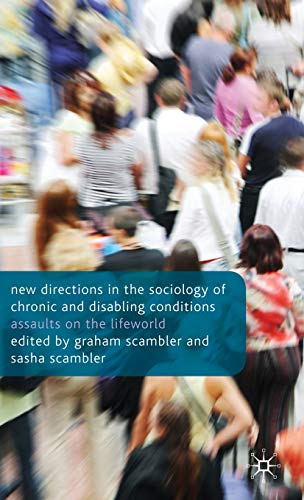
Sociology and Psychology for the Dental Team: An Introduction to Key Topics
Sasha Scambler, Suzanne Scott, Koula Asimakopoulou
Polity Press 2016
The role that the social and behavioural sciences play in the daily practice of dentistry is now an essential part of all dentistry training, but it can often seem distant from the reality of daily clinical practice. Dentists often ask: what is sociology? Why do I need to know about psychology? Why do I need sociology to be an effective dentist? How can sociology and psychology help improve my clinical practice? This new textbook answers these important questions and shows how the social and behavioural sciences can inform the practice of dentistry and allied healthcare services in the twenty-first century. It provides a comprehensive, accessible introduction to sociology and psychology for dentistry students with no prior knowledge of the subject, as well as postgraduate (post-qualification) practising dentists with experience of dealing with social and behavioural issues in their daily work.

New Direction in the Sociology of Chronic and Disabling Conditions: Assaults on the Lifeworld
Graham Scambler and Sasha Scambler
Palgrave Macmillan 2010
This collection uniquely brings together leading international scholars in medical sociology and disability theory to critically review the sociology of chronic and disabling conditions and disability studies. Examining the ways which we define, live with, treat and contest the ‘assaults on the lifeworld’ occasioned by enduring illness and disability, this collection will prove indispensible to all those interested in cutting-edge, innovative scholarship in the field.

The Social World of Older People: Understanding Loneliness and Social Isolation in Later Life
Christina Victor, Sasha Scambler and John Bond
Oxford University 2009
Developments to the physical environment, scientific and technological innovation, the reorganisation of work and leisure and the impact of globalization and global capitalism have all influenced the nature of the world in which we now live. Social engagement and relationships, however, remain important at any age and their quality is a key element contributing to the quality of life of older people. This book provides a detailed account of loneliness and social isolation as experienced by older people living in Britain. The authors consider the incidence and effects of isolation and loneliness, identifying the factors which lead to such experiences and considering potential interventions. They also argue that these feelings are experienced at all stages of the life course and not unique to the social world of older people. Victor, Scambler and Bond rationalise that this is an important area, as both loneliness and social isolation are negatively associated with both quality and quantity of life – whilst the maintenance of social relationships is seen as a key component of ‘successful ageing’.